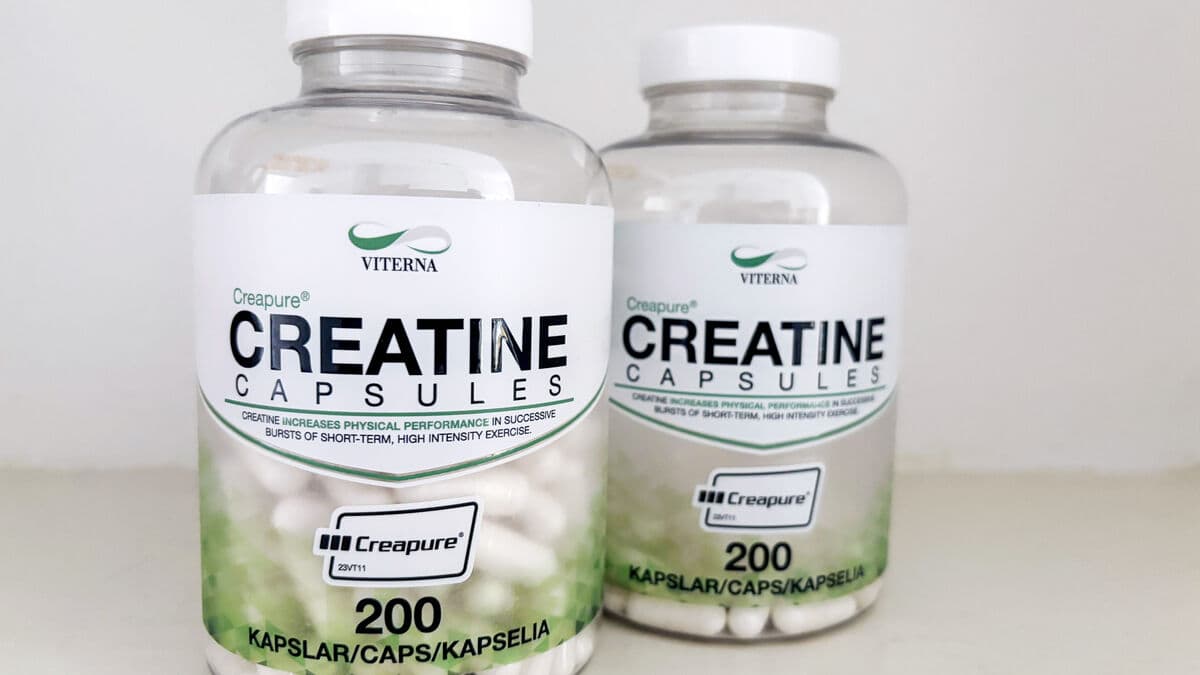Social media is flooded with posts about creatine. At Apoteket Kronan, the sale of the supplement has increased by about 83 percent in the last year, and at the state-owned Apoteket AB, a similar development can be seen.
"We at Apoteket see a strong trend and an increased interest in the dietary supplement creatine. Looking back a year, the increase is several hundred percent with a peak now during the summer," writes communications manager Elin Jarl in an email.
Studied closely
Creatine is a protein consisting of three amino acids: arginine, glycine, and methionine. It is produced naturally in the body and is found in our cells in the form of creatine phosphate – which gives us quick energy.
In studies conducted on elite athletes, increased performance has been seen, you can improve muscle building during strength training, you can prevent injuries and recovery becomes a little more efficient, says Ingrid Larsson, nutrition physiologist at Sahlgrenska University Hospital and associate professor at Sahlgrenska Academy.
The supplement has been studied closely – but, emphasizes Ingrid Larsson, the studies have been done on elite athletes. An ordinary person who trains regularly, but not at an elite level, gets enough creatine through their diet.
The body produces about 1-2 grams of creatine per day and we get about 2-3 grams from the food we eat that contains protein, mainly from meat and fish. Together, that meets the needs, says Ingrid Larsson.
"Do not need it"
Vegetarians get creatine from eggs and dairy products.
If you have an increased consumption through exercise or heavy work, you often eat more too – and then get more protein through food.
Advertisement
Moreover, it is not known how the body is affected by taking creatine for a long time.
What happens over 10 years, 20 years, 30 years? Protein is broken down into amino acids and some of them that the body cannot handle, a nitrogen part, is excreted through the kidneys. If you then have a very high protein intake, how does it affect kidney health over time? asks Ingrid Larsson.
Creatine supplements should therefore not be taken by anyone with diabetes, kidney problems, or other chronic diseases without first consulting a doctor. Nor by children.
Most of us do not need it, it is a waste of money. Instead, put the money on regular healthy food and on training, says Ingrid Larsson.






